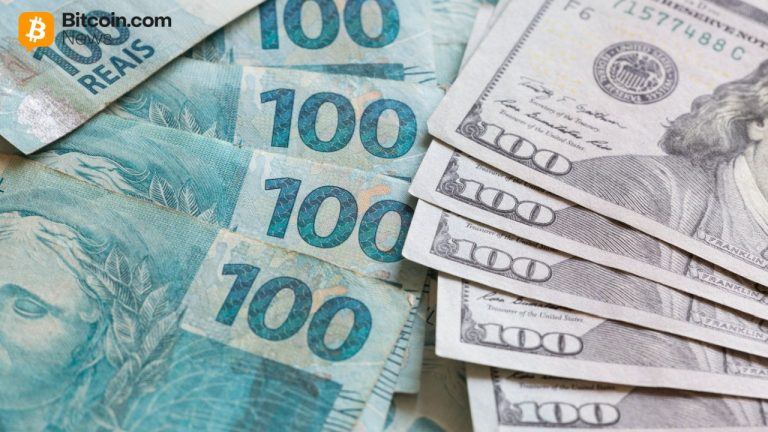Disney Moves Toward the Metaverse With Approved US Patent to Create a ‘Virtual-World Simulator’
3 min readA recently discovered patent shows the American multinational entertainment and media conglomerate, Walt Disney Company, was approved by the United States Patent and Trademark Office (USPTO) for a “virtual-world simulator” patent. The simulator is composed of a “three-dimensional (3D) map of the geometry of the real-world venue.”
Disney’s Virtual-World Simulator Patent Follows Bob Chapek’s Discussion About the Disney Metaverse
Disney’s interest in the metaverse and blockchain technology has been showing recently as a recent patent approved at the end of December reveals the entertainment giant filed for a “virtual-world simulator” concept.
The virtual-world simulator patent follows Disney CEO Bob Chapek’s earnings call in November when he explained the firm is ready for “our own” metaverse. Chapek also highlighted that Disney was always at the forefront of the latest technologies.
“The Walt Disney Company has a long track record as an early adopter in the use of technology to enhance the entertainment experience,” Chapek remarked during the earnings call. The Disney CEO added:
Our efforts to date are merely a prologue to a time when we’ll be able to connect the physical and digital worlds even more closely, allowing for storytelling without boundaries in our own Disney metaverse, and we look forward to creating unparalleled opportunities for consumers to experience everything Disney has to offer across our products and platforms, wherever the consumer may be.
Cloning One of Disney’s 12 Theme Parks, Lost Sales From the Pandemic, Disney Says It Has “No Current Plans” to Launch the Virtual World
The United States Patent #11,210,843 filed by Disney explains that the virtual-world simulator features a computing protocol that includes a hardware processor and memory storing the software code. The protocol also tracks the user via a computer or handheld device in order to execute actions with the map of a geometry of a real-world Disney venue.
The control or handheld device is able to “simulate a virtual-world by conforming the identified one or more virtual effects to the geometry of the real-world venue from a present vantage point of the tracked moving perspective.”
Essentially, the technology is a clone of one of Disney’s 12 theme parks located all around the world. The company may be headstrong in delivering a virtual experience to make up for the lost revenue stemming from physical theme park closures to visitors due to the Covid-19 pandemic.
According to statistics from February 2021, Disney lost $2.6 billion from the loss of sales during the pandemic and the firm just recently started turning a profit again in August 2021. However, Disney may be keeping the virtual-world simulator concept on the back burner, as the company told the Los Angeles Times it has “no current plans” to launch the virtual world.
What do you think about Disney’s recently approved patent for a virtual theme park world? Let us know what you think about this subject in the comments section below.
Image Credits: Shutterstock, Pixabay, Wiki Commons
Disclaimer: This article is for informational purposes only. It is not a direct offer or solicitation of an offer to buy or sell, or a recommendation or endorsement of any products, services, or companies. Bitcoin.com does not provide investment, tax, legal, or accounting advice. Neither the company nor the author is responsible, directly or indirectly, for any damage or loss caused or alleged to be caused by or in connection with the use of or reliance on any content, goods or services mentioned in this article.
Read disclaimer





